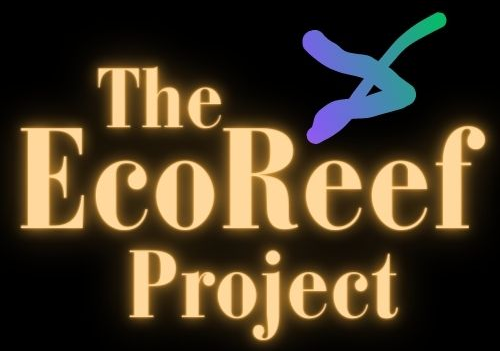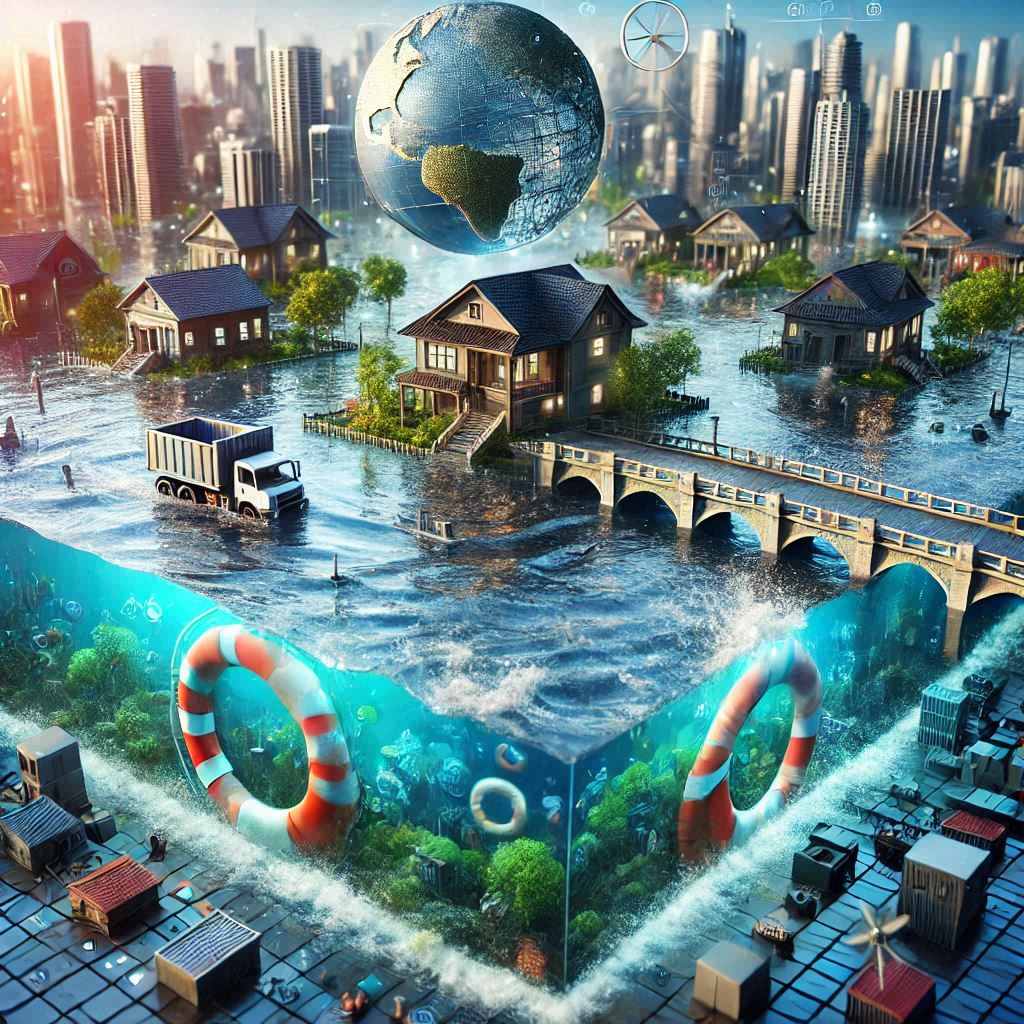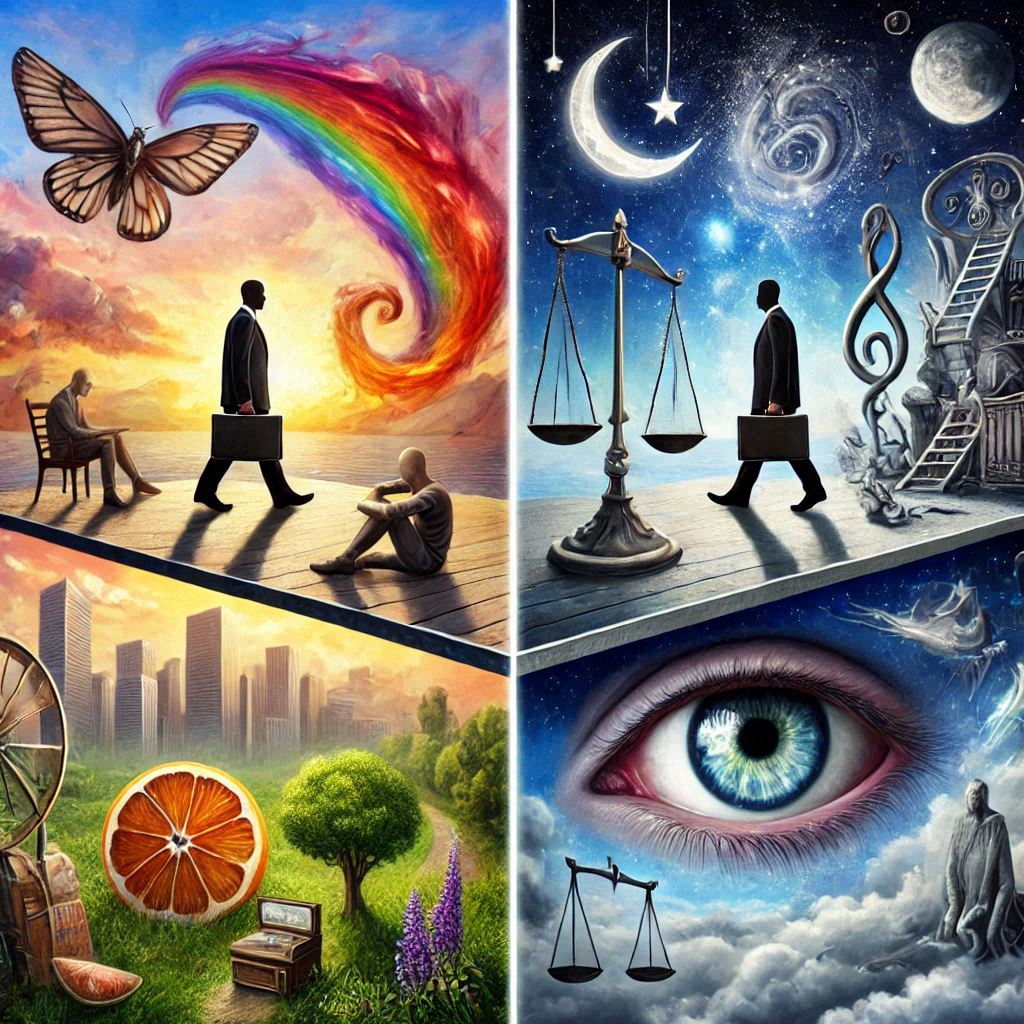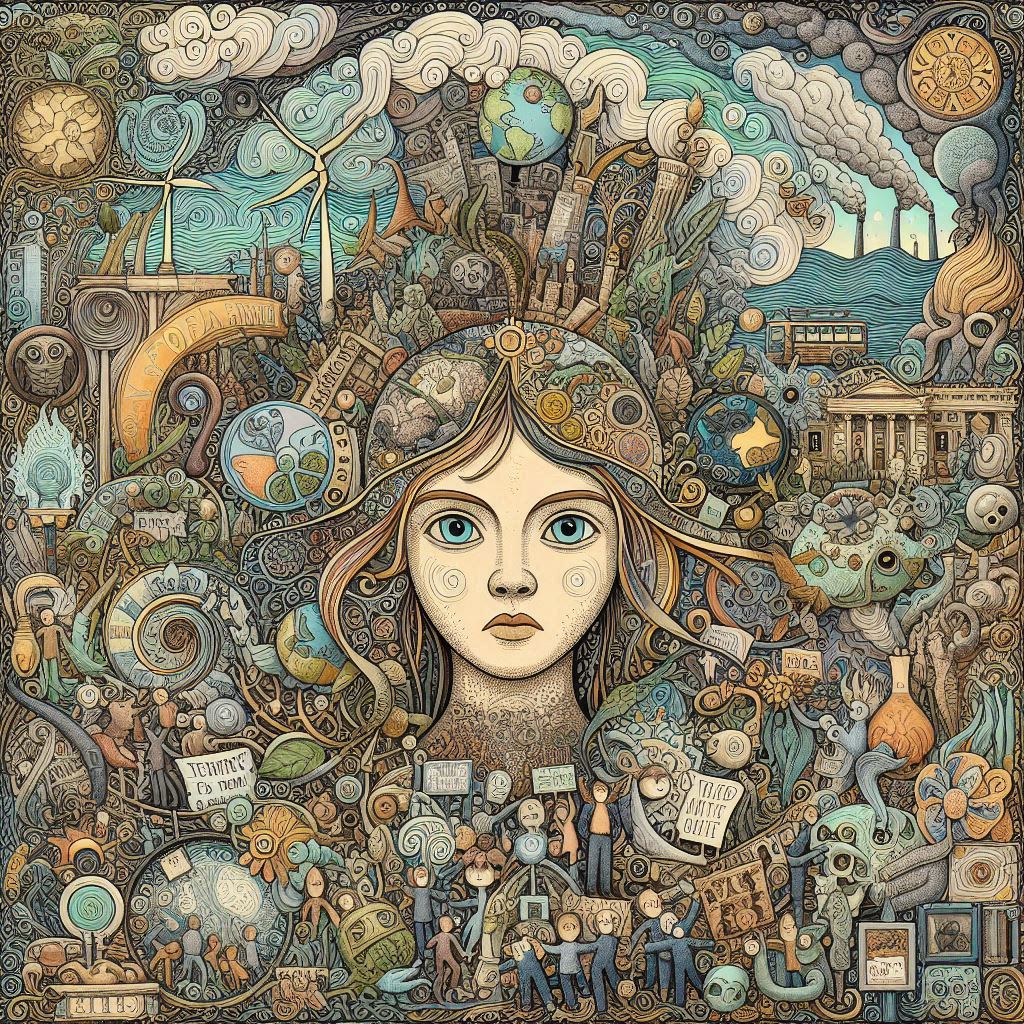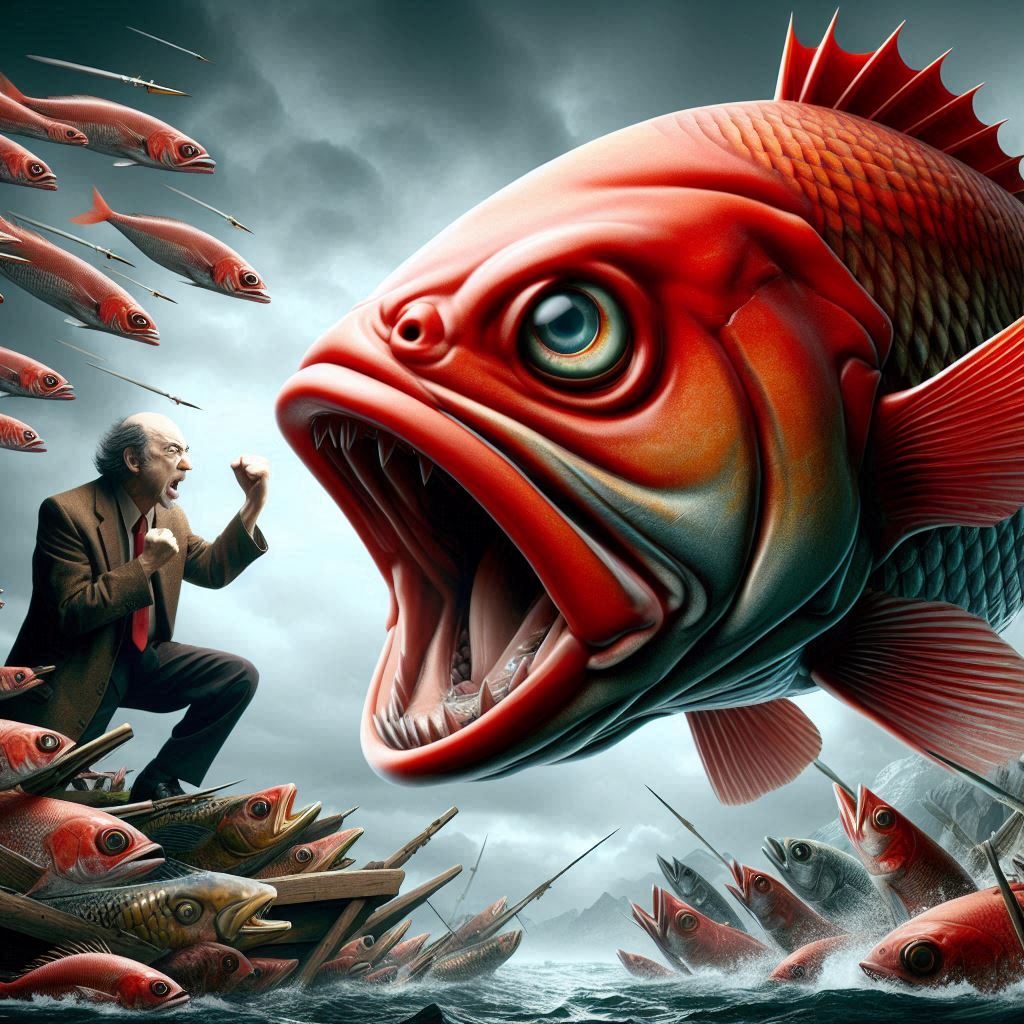
Is the Environment a Red Herring or an Actual Concern?
—————————————————-
Red Herring or an Actual Concern?
In the grand theatre of global discourse, the environment often takes center stage.
Is it a red herring, a distraction from other pressing issues, or is it an actual concern that demands our immediate attention? Let’s delve into this.

Understanding the Term “Red Herring”
Understand what we mean by “red herring” is important. In a figurative sense, a “red herring” is a misleading clue or piece of information that distracts from the main or important issue. It’s often used in discussions and arguments to divert attention away from the topic at hand.
When this phrase is used when we say something is a “red herring”, we mean that it’s a distraction or diversion from the main or important topic.
The Environment as a Red Herring
Some argue that environmental concerns are a red herring, a diversion from other critical issues. They believe that the focus on the environment detracts from economic growth, job creation, and technological advancement. They argue that environmental regulations stifle innovation and place unnecessary burdens on businesses and industries.

The Environment as an Actual Concern
On the other hand, there is a growing body of evidence suggesting that environmental issues are not just real, but they are urgent. Climate change, deforestation, air and water pollution, biodiversity loss, and other environmental challenges pose significant threats to our planet and our survival.
The impacts of these environmental issues are far-reaching. They affect our health, our economies, our cultures, and our future. Ignoring them could lead to dire consequences, including resource depletion, mass extinctions, and drastic changes in our climate.

Striking a Balance
So, is the environment a red herring or an actual concern? The answer is not as binary as it might seem. Yes, we need economic growth, job creation, and technological advancement. But we also need a healthy and sustainable environment to support these endeavors.
The key lies in finding a balance. We need to pursue sustainable development – development that meets the needs of the present without compromising the ability of future generations to meet their own needs. We need to innovate and find ways to grow and prosper that do not harm our environment.
Conclusion
In conclusion, the environment is not a red herring. It is an actual, urgent concern that requires our attention and action. We all have a guard against wrong information and have a major role to play in educating & protecting our environment. After all, there is no Plan B because there is no Planet B.
Remember, the environment is not just something ‘out there’ – it is our home. And taking care of our home is not a distraction; it is our responsibility. So let’s not treat the environment as a red herring, but give it the attention and care it truly deserves. Because a healthy environment is not a hindrance to our progress, but the very foundation upon which our sustainable future can be built.
Join the Discussion
We hope this blog post has given you some food for thought on the role of the environment in our global discourse. But the conversation shouldn’t stop here.
Do you think the environment is a red herring, or is it an actual concern?
How can we strike a balance between economic growth and environmental sustainability?
What actions can we take individually and collectively to protect our environment?
Remember, every voice matters in this discussion. Your insights and experiences can help shape our understanding and approach towards environmental issues. So, don’t hesitate to share your thoughts. Let’s keep the conversation going because together, we can make a difference.
#Environment #RedHerring #ActualConcern #GlobalDiscourse #EconomicGrowth #JobCreation #TechnologicalAdvancement #ClimateChange #Deforestation #AirPollution #WaterPollution #BiodiversityLoss #SustainableDevelopment #NoPlanetB #HealthyEnvironment #SustainableFuture #JoinTheDiscussion #YourVoiceMatters #MakeADifference #EnvironmentalSustainability #ProtectOurEnvironment #Balance #IndividualAction #CollectiveAction #GlobalIssues #EnvironmentalIssues #EnvironmentalRegulations #Innovation #Responsibility #FutureGenerations
